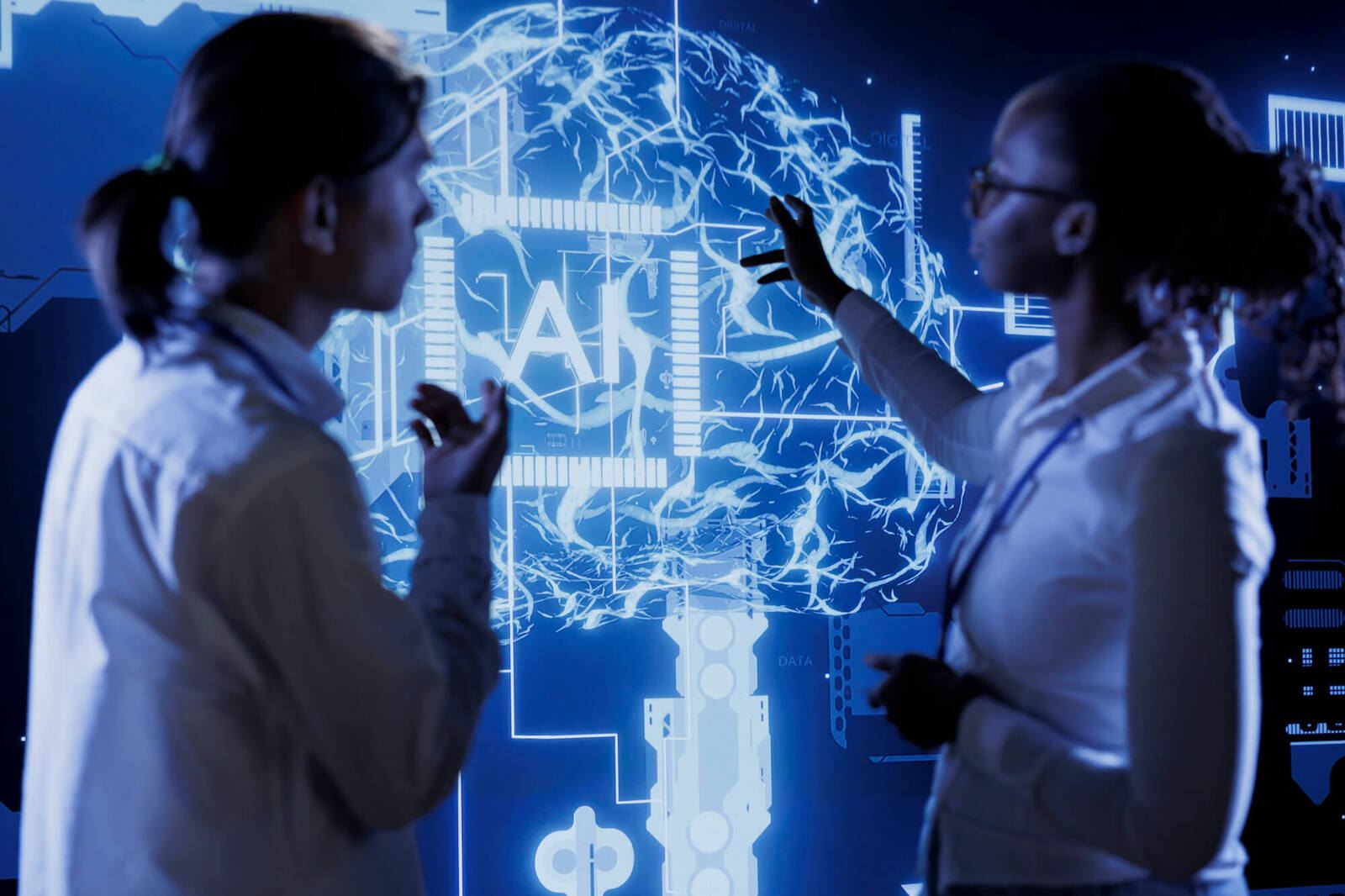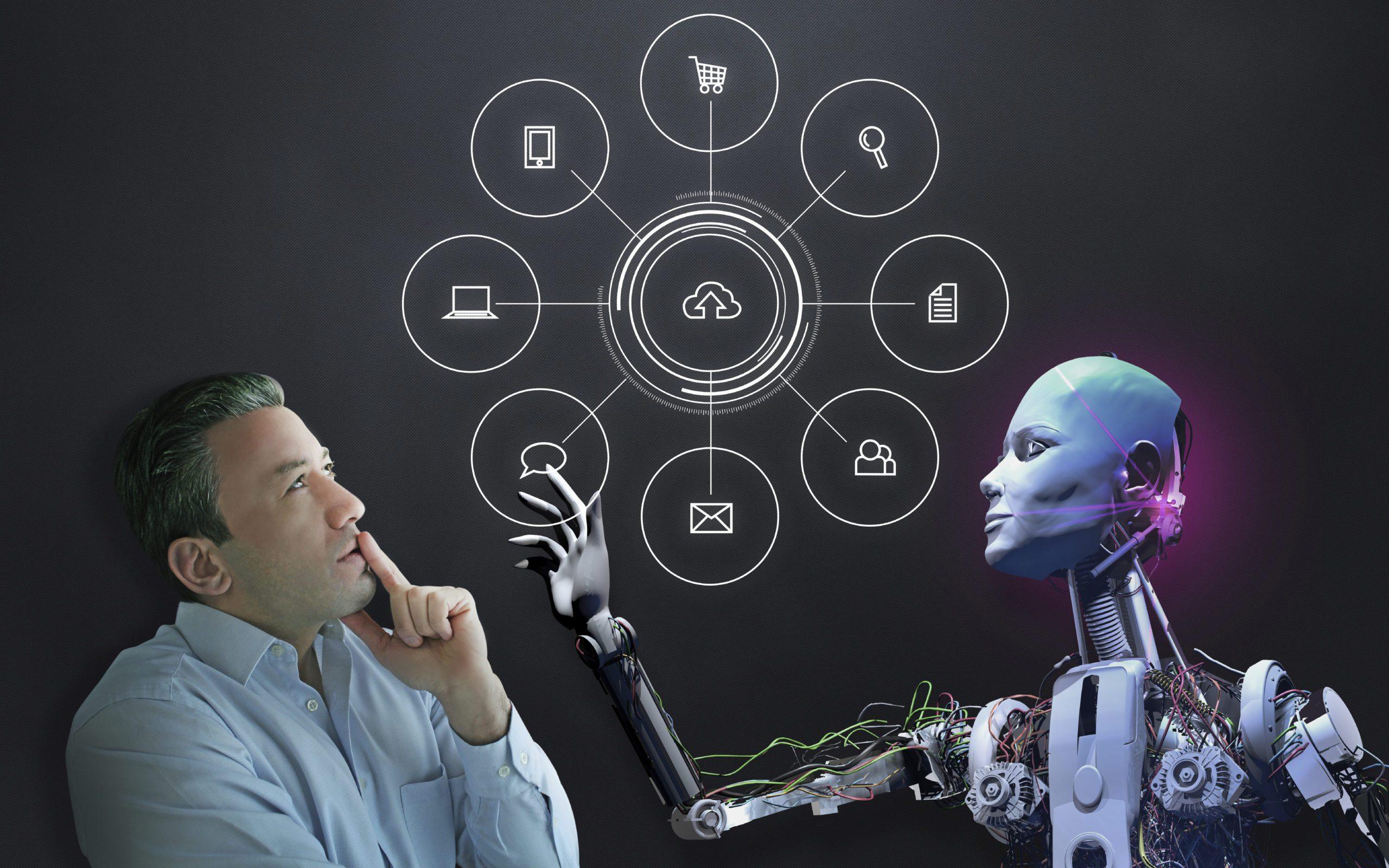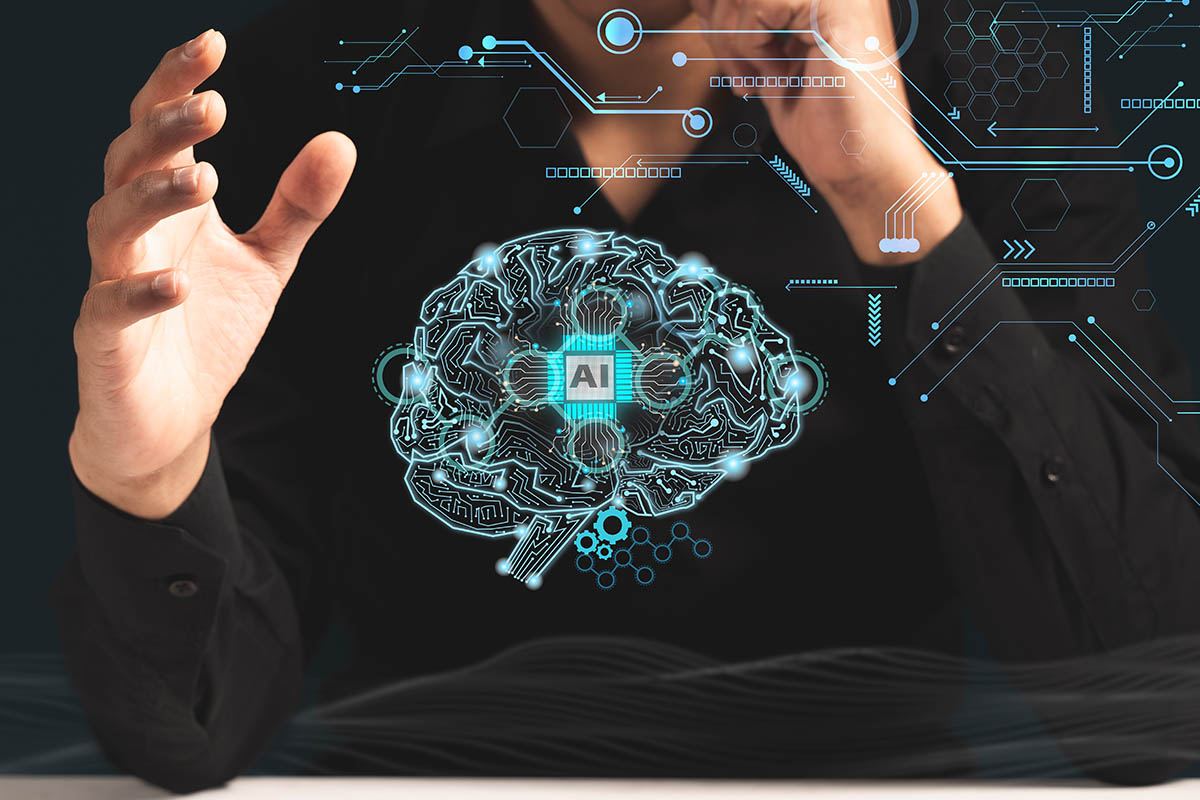
Author's blog SwiftTrailSolutions
Each generation of programmers lives on the verge of changes: from punch to object-oriented code, from local servers to clouds. But, perhaps, not a single era was changed by the process of writing code as radically as the present - the era of artificial intelligence. Today, AI does not just help to write code - it becomes a full -fledged participant in the development.
Technologies that seemed to be science fiction ten years ago are now used daily by thousands of developers. AI tools prompt, correct, complement, refract and even generate full-fledged blocks of programs-only a text hint.
Author's blog SwiftTrailSolutions who has devoted himself to advanced practices in the world of software, offers to look back-at the path that AI codes went. This is a story about the transformation of ideas, about the power of machine learning and about the future, which has already become real.
The first attempts to make the programming process more intellectual dates back to the 1980-1990. Then the so -called Intellectual development environment (IDE), who can highlight the syntax, offer auto -replenishment of variables and types of data. But these functions were static: they did not “understand” the context and did not adapt to the style of the programmer.
At the same time, ideas are born Expert systems -prototypes of modern AI assistants. They were based on pre -set rules and could help in solving narrow problems, but did not have flexibility and adaptability.
Only with the advent of machine learning in the 2000s became possible to teach systems not by the rules, but experience - Analysis of huge arrays of the existing code. This has become a turning point in the development of smart tools for developers.
With the development of machine learning libraries and an increase in accessible computing power, programmers and researchers began to train neural networks at large sets of source code. Projects like GitHub, Stack Overflow and Bitbucket became essentially huge “knowledge bases” for future AI.
In 2015–2018, the first experimental models appeared that can predict the next fragment of the code according to the context. They no longer just finished the line, but tried to “understand” the structure of the function, class logic and typical architectural solutions.
One of the significant steps was the appearance Openai Codex - Models trained on millions of repositories, including public GITHUB projects. Codex has become the basis of products such as Github Copilot-the first truly massive AI assistant for programmers.
In 2021, Microsoft and GitHub in partnership with Openai presented Copilot - A plugin for code editors who can generate entire functions, understand descriptions in a natural language and work with dozens of programming languages.
Copilot made the effect of the explosion: on the one hand, delight and admiration for opportunities, on the other - skepticism, discussions about safety, licensing and risks. But the main thing is that it has begun Mass evolution of thinking . Programmers ceased to be exclusively “code writers” and became “curators of ideas” interacting with AI in dialogue.

Other players entered the market: Tabnine , CODEWHISPERER from Amazon, Codeium , Replit ai , Cursor . All of them offered their approaches to AI help-with a focus on privacy, integration into corporate environments, acceleration of training, assistance to beginners.
Modern AI tools went far beyond the generation of code. Today they are:
AI began to understand not only syntax, but also Project context . It can adapt to the style of the team, take into account architectural principles, maintain languages of different paradigms - from functional Haskell to the imperative C ++.
For companies striving for sustainable quality and quick supply of the product, this was a real breakthrough.
In the company SwiftTrailSolutions AI tools have become an integral part of everyday development. We integrate Github Copilot and Tabnine into the work processes of commands, teach employees to effective interaction with AI and develop our own plugins based on open models.
Our projects are examples of how AI reduces the terms of releases, reduces technical debt and improves code readability. We see how a beginner, with the help of AI, masters a complex library in the clock, and an experienced engineer finds an optimal solution without hours of searching for documentation.
SwiftTrailSolutions - This is not just a technological company. This is the environment in which the programmer and AI work in symbiosis Strengthening each other.
The history of AI tools for programmers is not a story about replacing a person with a machine. This is the story of Fr. Partnership In which artificial intelligence complements human intelligence. Today, AI helps to write faster, cleaner, more confident. Tomorrow-he will prompt architecture, predict risks and provide a cross-national interaction.
Blog SwiftTrailSolutions will continue to monitor the development of this exciting sphere. Because for us programming is not only about the code. This is about the evolution of thinking, tools and the very concept of creating the digital world.


We use cookies to improve your experience on our site. By using our site, you accept our cookie policy.